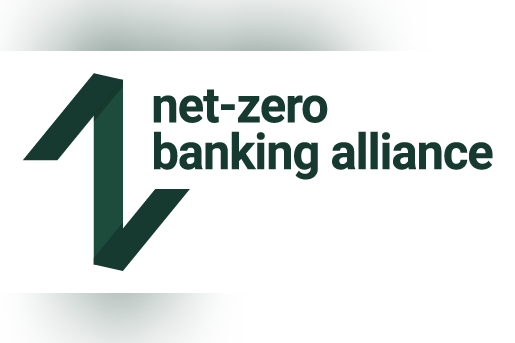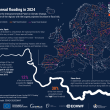The UN-backed Net Zero Banking Alliance (NZBA) has voted to relax its climate-related membership criteria, shifting away from its previous requirement that banks align all sectoral financing with the 1.5°C global warming limit by mid-century. The move reflects growing concerns over the real economy’s sluggish pace in transitioning towards sustainability, according to the alliance’s chair.
Instead, member banks will now aim to align their activities with the broader “well-below 2°C” target outlined in the Paris Agreement, while still aspiring to meet the 1.5°C goal where feasible. The policy revision comes as pressure mounts from some governments, particularly in the United States, to scale back climate initiatives within the financial sector, and amid the recent exit of several major banks from the group.
“The knowledge we had in 2021 on what was achievable… has been very different than where we are today,” said Shargiil Bashir, Chief Sustainability Officer and Executive Vice President at First Abu Dhabi Bank. “Some of the industries are not transitioning as we expected four years ago because either the technology is not moving as fast or the policymaking is not moving as fast,” he added, citing housing and aviation as key examples.
While over 100 member banks have already adopted 1.5°C-aligned sectoral targets, the NZBA is seeking to broaden its membership base, including attracting institutions in regions not currently committed to the more ambitious target. More than 80% of members participated in the vote, with 90% supporting the changes.
The revisions mark a shift in focus for the alliance, which was formed during COP26 in Glasgow, from target-setting to implementation. This includes practical guidance through webinars, sectoral papers, and capacity-building tools. Future discussions will also explore alternative methods for measuring and reducing emissions, such as carbon markets and accounting for avoided emissions.
The NZBA’s decision underscores the growing tension between climate ambition and economic and political realities, as banks navigate an uneven and uncertain transition to net zero.


















